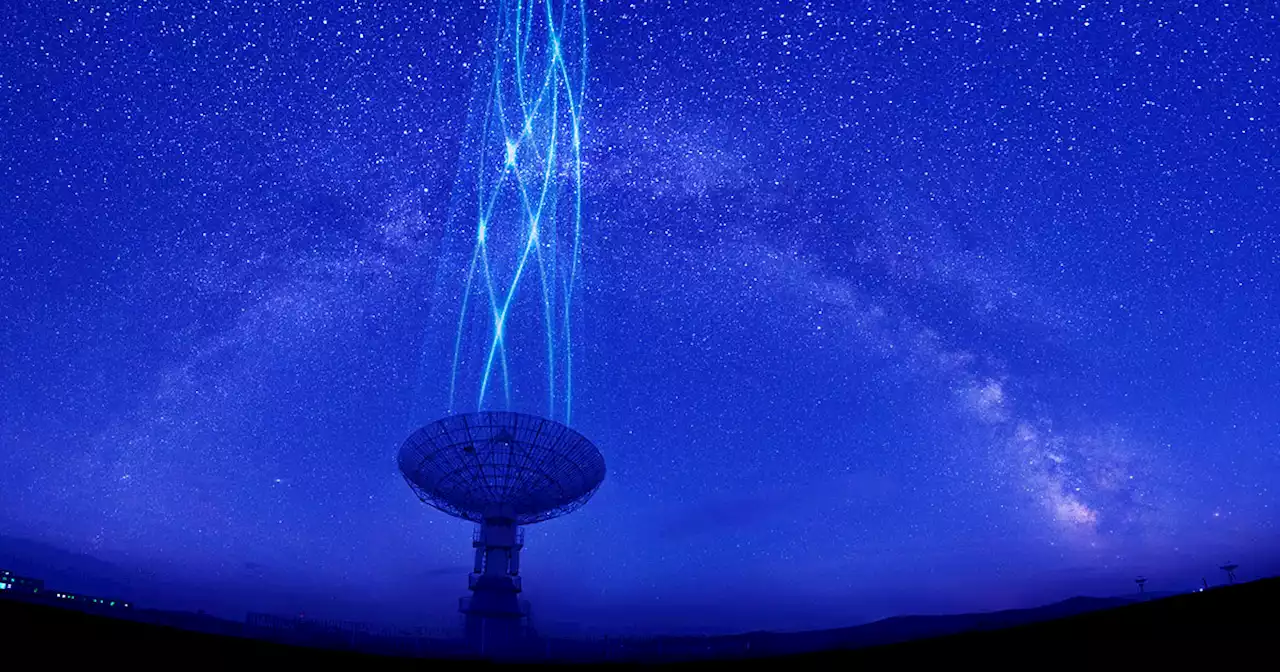Could this really be it?
— you know, those extremely powerful and brief pulses of radio waves emanating from the deepest regions of space — astronomers have struggled to uncover their source., we simply still don't know why these bursts occur or what's behind them.Astronomers observed two neutron stars, each the remains of a dead star, colliding and turning into a black hole, a powerful event that produced a huge burst of gravitational waves — and, about two hours later, appears to have produced an FRB as well.
The new theory posits that the sudden vanishing of this magnetic field may be the cause of the fast radio burst, since magnetic fields produce electrically charged particles, not unlike the extreme electromagnetic fields of an FRB.
United States Latest News, United States Headlines
Similar News:You can also read news stories similar to this one that we have collected from other news sources.
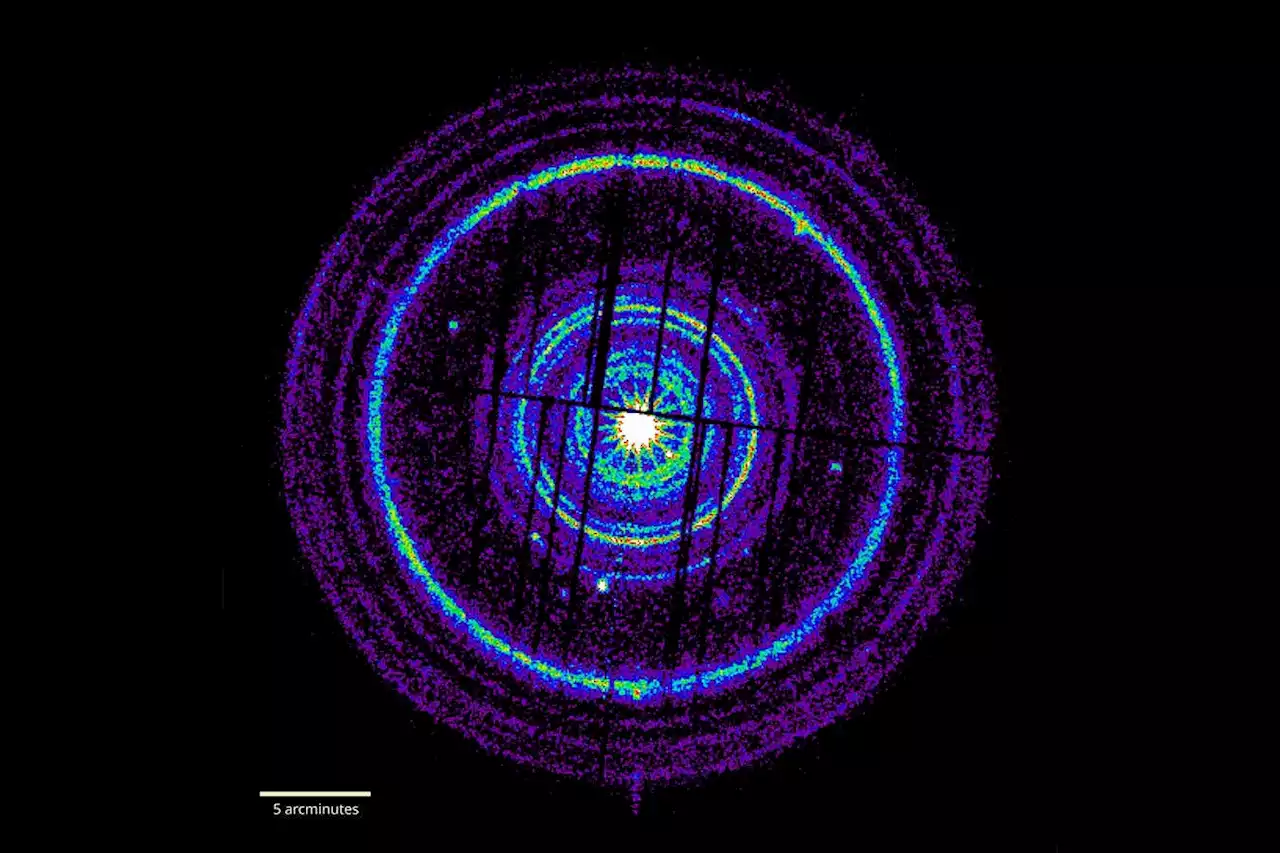 The most powerful space explosion ever seen keeps baffling astronomersA gamma ray burst observed in 2022 was brighter than any explosion ever spotted before, and follow-up observations are threatening to break our understanding of how these blasts work
The most powerful space explosion ever seen keeps baffling astronomersA gamma ray burst observed in 2022 was brighter than any explosion ever spotted before, and follow-up observations are threatening to break our understanding of how these blasts work
Read more »
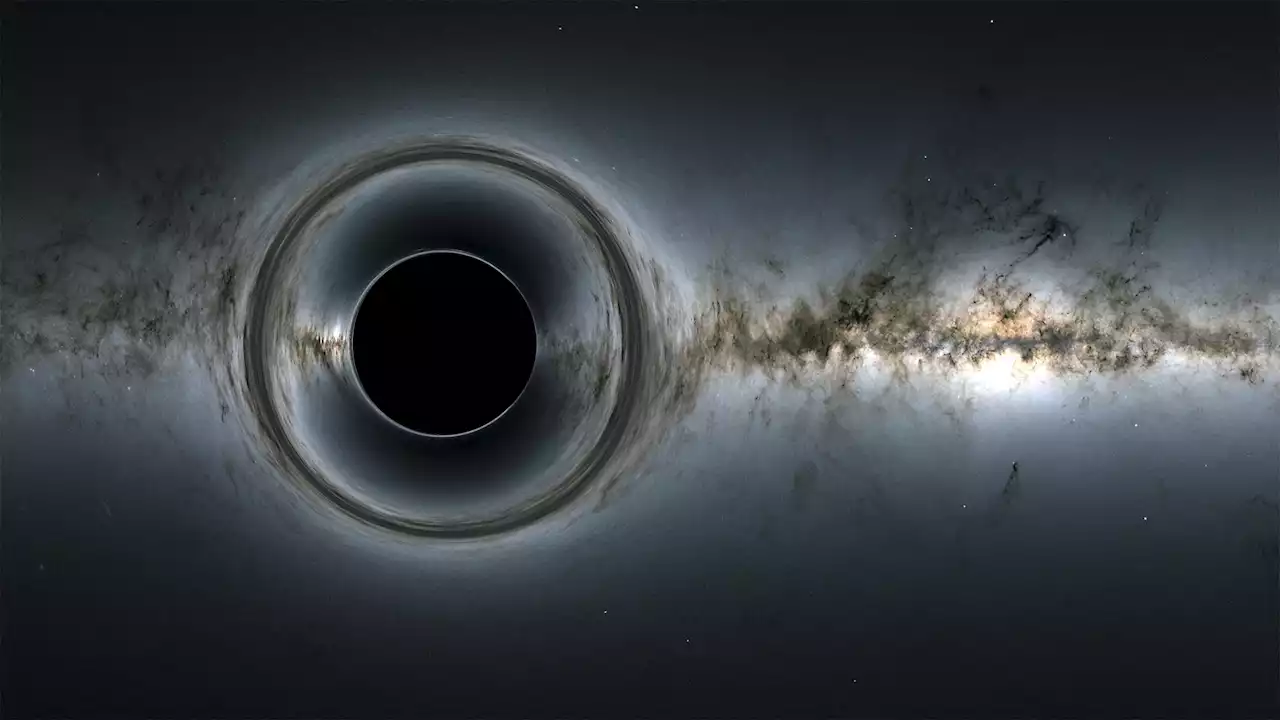 Supercomputer helps detect black hole with mass of 30 billion SunsAstronomers used a combination of gravitational lensing and supercomputer simulations to detect the cosmic behemoth.
Supercomputer helps detect black hole with mass of 30 billion SunsAstronomers used a combination of gravitational lensing and supercomputer simulations to detect the cosmic behemoth.
Read more »
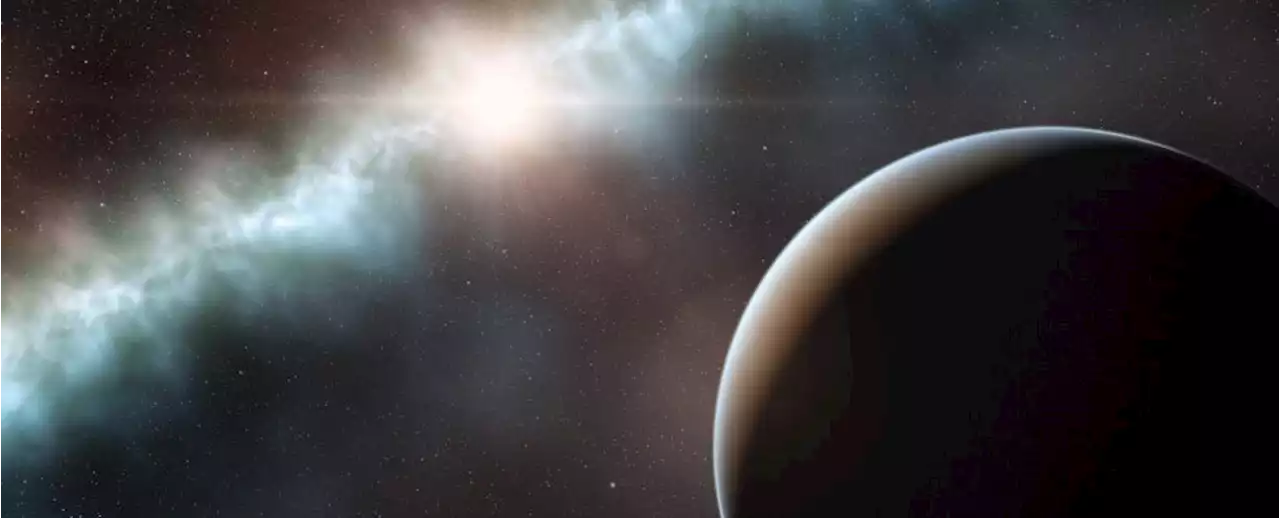 Jupiter-Sized 'Cannonball' Planet Discovered With a Density Greater Than LeadAstronomers have just found a cosmic cannonball.
Jupiter-Sized 'Cannonball' Planet Discovered With a Density Greater Than LeadAstronomers have just found a cosmic cannonball.
Read more »
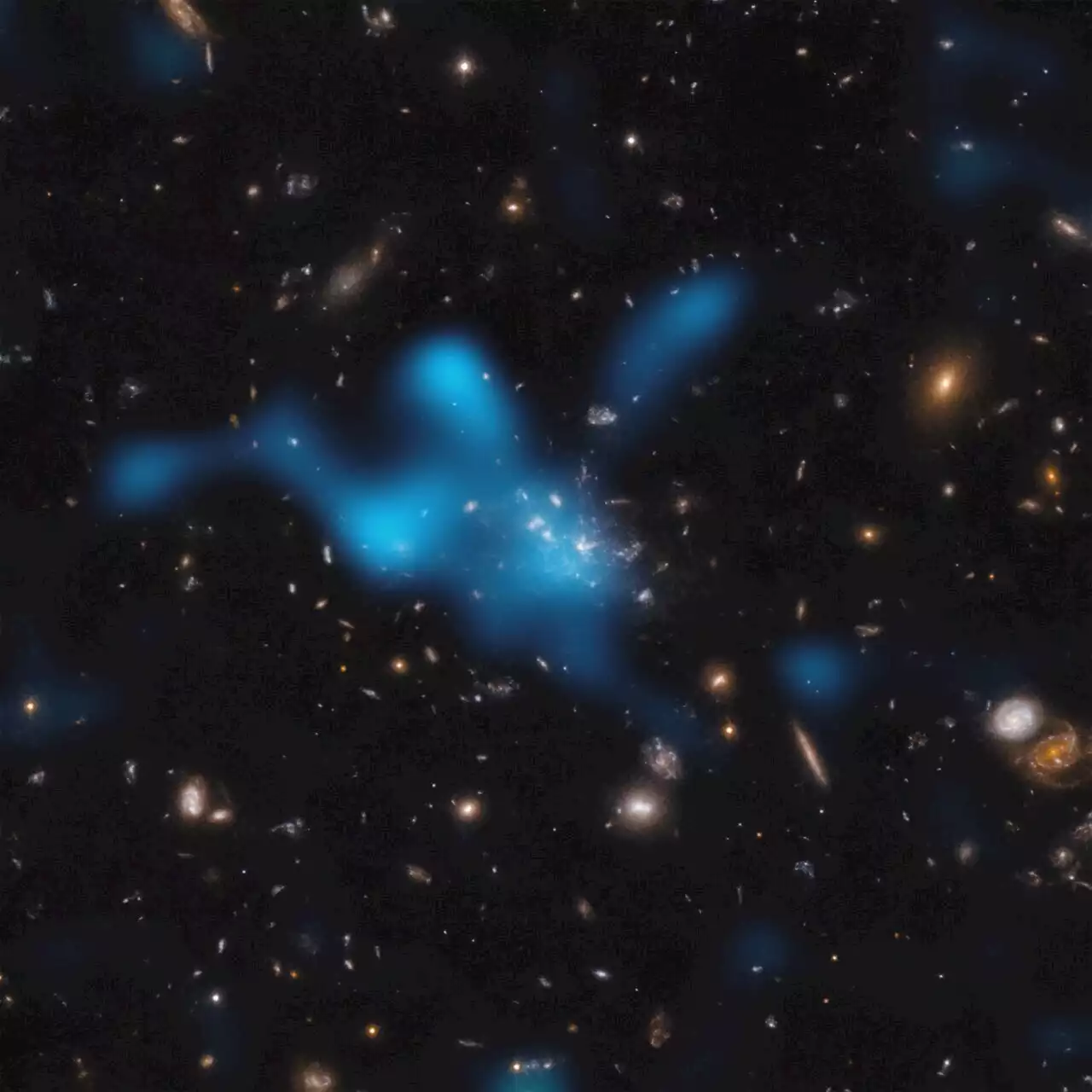 Astronomers witness the birth of a very distant cluster of galaxies from the early universeUsing the Atacama Large Millimeter/submillimeter Array (ALMA), of which ESO is a partner, astronomers have discovered a large reservoir of hot gas in the still-forming galaxy cluster around the Spiderweb galaxy—the most distant detection of such hot gas yet. Galaxy clusters are some of the largest objects known in the universe and this result, published today in Nature, further reveals just how early these structures begin to form.
Astronomers witness the birth of a very distant cluster of galaxies from the early universeUsing the Atacama Large Millimeter/submillimeter Array (ALMA), of which ESO is a partner, astronomers have discovered a large reservoir of hot gas in the still-forming galaxy cluster around the Spiderweb galaxy—the most distant detection of such hot gas yet. Galaxy clusters are some of the largest objects known in the universe and this result, published today in Nature, further reveals just how early these structures begin to form.
Read more »
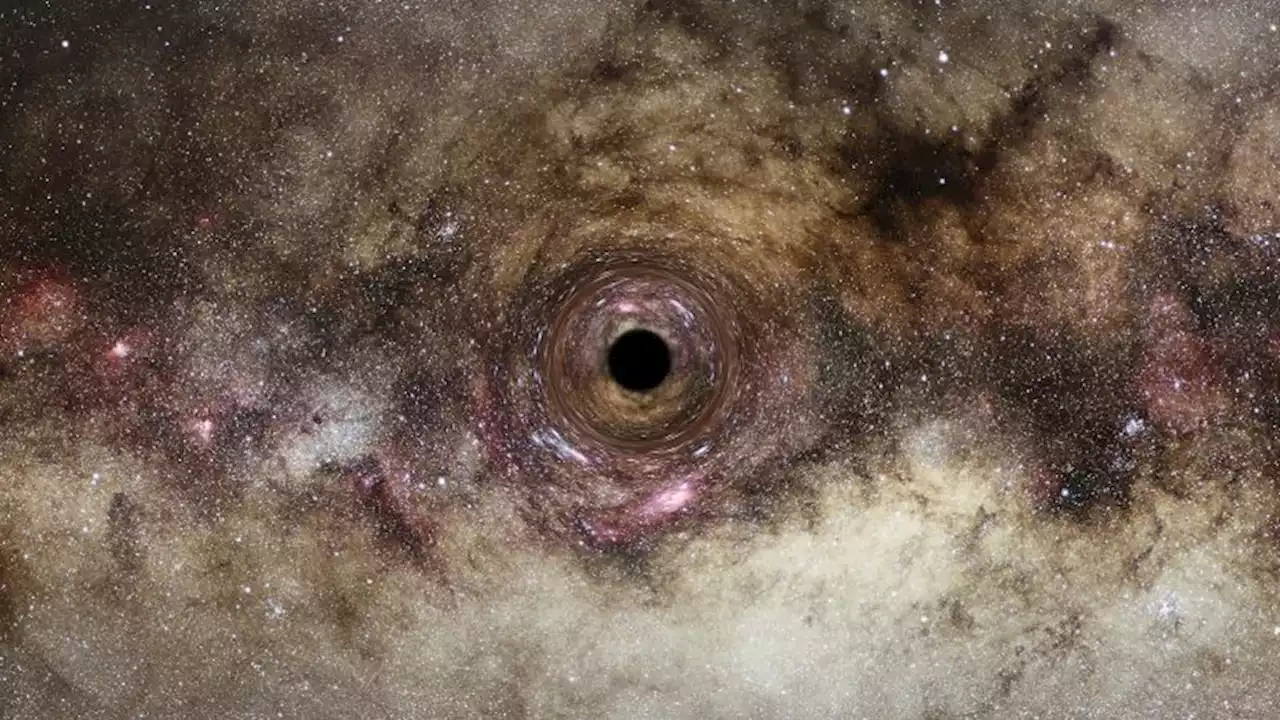 Astronomers discover ultramassive black hole using new technique | CNNAn ultramassive black hole, understood to be one of the largest ever detected, has been discovered by astronomers using a new technique.
Astronomers discover ultramassive black hole using new technique | CNNAn ultramassive black hole, understood to be one of the largest ever detected, has been discovered by astronomers using a new technique.
Read more »
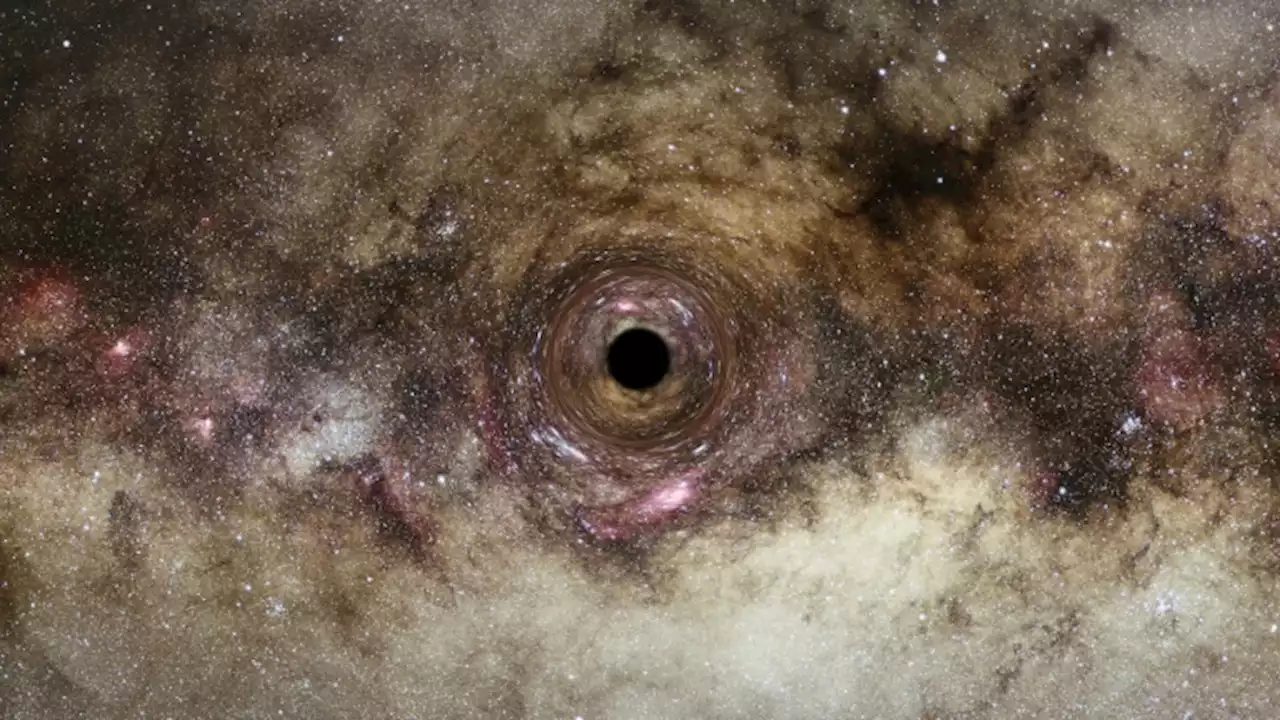 Astronomers discover one of biggest black holes ever recordedOne of the largest black holes ever recorded has been discovered using a new technique that could spot thousands more of the insatiable celestial monsters in the coming years, according to astronomers.It could even be the biggest black hole ever recorded, but it was difficult to say for sure given the varying techniques and uncertainties involved, he added.
Astronomers discover one of biggest black holes ever recordedOne of the largest black holes ever recorded has been discovered using a new technique that could spot thousands more of the insatiable celestial monsters in the coming years, according to astronomers.It could even be the biggest black hole ever recorded, but it was difficult to say for sure given the varying techniques and uncertainties involved, he added.
Read more »
